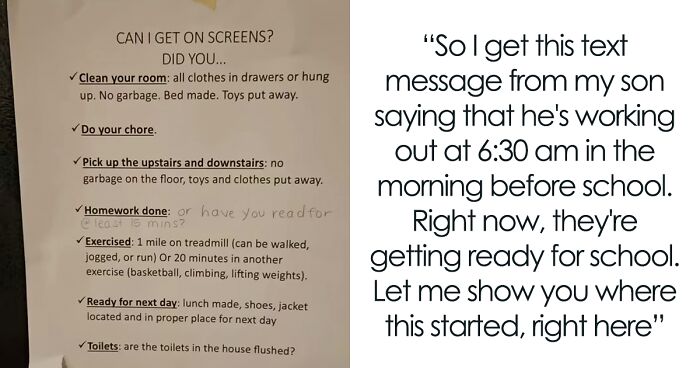
Dad’s Genius To-Do List Makes Kids Finish Chores Before Screen Time And It Actually Works
Interview With AuthorLet’s face it, screens are addictive. Even as adults, we constantly reach for our phones, claiming it’s work, but sometimes mindlessly scrolling for a dopamine hit. Now imagine kids who grow up with these devices, bombarded with instant gratification in a 360-loop. This can be detrimental to their mental and physical well-being.
This father took to TikTok to share how he regulates his kids’ screen usage, putting a caveat on things they need to do before they use their screen time.
More info: TikTok
Raising kids in today’s turbulent age is a whole lot of work, especially with the distractions surrounding them
Image credits: Doctor Wadsworth
This dad shared a video showing and explaining the benefits of limited screen time in his house
Image credits: doctorwadsworth
“So I get this text message from my son saying that he’s working out at 6:30 am in the morning before school”
“Right now, they’re getting ready for school. Let me show you where this started, right here. The question is, can I get on screens? The answer is ‘it depends.’ There are lists of things they need to do, and one of them is exercise. My son chose to do his 20 minutes of lifting weights. I’m not forcing him to exercise every day, but I am setting rules and boundaries around his screen time. He decided he wanted more time after school to play with his friends. So, he realized he would need to wake up a little earlier and exercise in the morning, and also keep his room clean. You see, we have all their screens locked away.”
Image credits: doctorwadsworth
“If they want access, they need to come ask us, and we’ll go through the list together”
“They don’t get their screens until the list is done. So, my kids have their chores done, rooms clean, exercise finished, and laundry done. Screen use is associated with increased depression and anxiety in teens. We shouldn’t give our kids unlimited access to screens, just as you would regulate the amount of candy and sugar that they ate. Hopefully, you should also be regulating the amount of screen time that they have.”
Image credits: doctorwadsworth
“Just as you would have your kids eat dinner before dessert”
“You should probably have them do something positive like homework, chores, laundry, and maybe spend some time exercising before they get on their screens. My son woke up early yesterday, exercised, and said he had so much energy and felt better at school. This morning, he had a big smile on his face and felt better about himself. I had the opportunity to express how proud I was of him.”
Image credits: doctorwadsworth
“It seems like we communicate more through texts nowadays”
“I think it’s the time we live in. Babies need parents, and teenagers need parents too. They need rules, guidance, and boundaries. You’re trying to help your children develop good habits. If you don’t do it, nobody else will.”
Image credits: doctorwadsworth
“Children and teenagers lack the foresight, experience”
“And knowledge to make all these good decisions for themselves. Set up some rules, make them very clear for your kids, put them on the fridge and allow the rules to be enforced.”
Image credits: Jessica Lewis 🦋 thepaintedsquare (not the actual photo)
Check out the full TikTok video:
@doctorwadsworth#greenscreen#parenting#parentingtips♬ original sound – Richard Wadsworth
This TikToker, who goes by the name doctorwadsworth, is a doctor and psychiatrist. He’s been married for 17 years and has 7 children. His page boasts a large following of 343.3K followers where he discusses a range of topics related to family, marriage, and mental health.
His video discussing screen time usage in his household went viral, garnering about 1 million views on the platform. In the video, he showcases his son’s daily workout routine before school. Though his son initiated this habit, the original poster (OP) still sets boundaries around screen time. He achieves this through an organized list of activities the kids need to complete. To access their devices, the children must accomplish everything on the list.
While screens can offer educational opportunities and entertainment, unrestricted access can have a negative impact on a child’s development. Excessive screen time has been linked to issues like obesity due to a more sedentary lifestyle, sleep disturbances caused by blue light emission, and even social and emotional problems as children spend less time interacting with others and more time in a virtual world. It’s crucial to find a healthy balance, ensuring screen time doesn’t overshadow the importance of physical activity, face-to-face interaction, and quality sleep for our children’s well-being.
“There is emerging evidence that there may be some structural brain changes associated with greater exposure to screen time as a young child,” says Dr. Jennifer F. Cross, in an article on Health Matters. “If young children spend most of their time engaging with an iPad, smartphone, or the television, all of which are highly entertaining, it can be hard to get them engaged in non-electronic activities, such as playing with toys to foster imagination and creativity, exploring outdoors, and playing with other children to develop appropriate social skills.”
Image credits: Triệu Thanh Tâm (not the actual photo)
Why are boundaries around screen time so important? Studies link excessive screen time to increased depression and anxiety in teens. It disrupts sleep, limits physical activity, and can hinder social development. Dr. Wadsworth’s system is brilliant in its simplicity. Screens are locked away, forcing communication. A list of tasks – chores, exercise, homework – becomes a stepping stone to screen time. This approach teaches kids prioritization and the value of accomplishment.
The results? His son, who surprised him with the early morning workout, is a testament to the power of this method. This approach goes beyond just screen time. It’s about building well-rounded young adults. By setting clear rules and boundaries, we can empower them to develop healthy habits and become responsible individuals.
Bored Panda reached out to Dr. Wadsworth to understand how he established his system. “My wife and I have seven children, that’s where I’ve learned the most. It all started back while COVID had everyone hiding in their houses and out of schools.”
He discovered that his kids started spending a lot more time on screens because that’s how they were doing school. It wasn’t long before they didn’t want to play outside anymore. They didn’t want to climb trees, hike, ride bikes, or play in the streams near their house. They just wanted to watch YouTube videos all day. He noticed that their attention span lowered and they couldn’t sit and read a book like they used to.
“They were more moody, grumpy, and irritable. They got into more arguments with each other. I knew something had to change. It turns out that I wasn’t the only one noticing this trend and struggling with how to handle it,” shared the dad.
Cell phones and social media are relatively new to us humans, and a lot of parents aren’t sure how to address this issue. Most of us know intuitively that it isn’t good for our kids to be on screens, but we aren’t really taught how to manage it.
“As a psychiatrist, I have lots of patients who seemed to become more depressed and anxious, and even suicidal, as their screen time increased. I’ve advised a large number of my younger patients to cut way down on their screen time, and the results have been positive,” the doctor pointed out. Kids and parents alike have reported lessened symptoms of ADHD, lessened anxiety, and lessened depression across the board. It has worked remarkably well. The main problem has been that when many parents first try to implement some rules around cutting back or regulating screen time, a lot of kids freak out and throw these horrific, violent tantrums. I’ve had young patients who have broken the television or attacked their parents or even threatened them with knives when they took away their phone.
When asked if he faced any initial resistance from his children, he mentioned they weren’t happy at first but overcame it by planning some fun family trips. “We went to the water, hiked, and went for long bike rides in beautiful places. Being in nature seemed to help a lot. But we also talked to them about what we were doing and why. I explained to them that looking at screens too much could ruin their life and make them depressed and anxious. I explained that I loved them and that I wanted them to have a happy life, so I was going to help them get off the screens, but that we would do it together and try to play outside more.”
The author also recommended Parenting with Love and Logic, 1-2-3 Magic, and The Whole-Brained Child, which have had a big impact on the way he parents.
Finally, he said that the approach he has taken would work in general for anyone, but definitely needs to be adapted to the temperament of the child and the relationship with them. “Your kids need to know that you love them before you try any kind of discipline with them. Kids know that you love them by the quality time that you spend with them and the way that you treat them. My 14 year old likes to snowboard, wrestle and play Fortnite, so we do that. My 4 year old likes to play with toys and so we do that together. Because we spend time with each other, we have a relationship and they know that I love them. So when I tell them that I’m worried about how much time we are spending on screens, they know that this is coming from someone who cares about them rather than from someone who doesn’t care about them enough to even spend time with them.“
So, what do you think? Is this screen-time hack something you’d consider? Let us know in the comments below, and share your own tips for raising responsible digital citizens!
Commenters applauded the author while some took notes for themselves
I love this... but i think that child needs to be supervised with the weights (only because his form is terrible and is likely to cause problems and/or injury).
I was going to say that. Not sure kids with growing bones and joints should be doing weights at all, but if they do they need to be taught the right technique and about safety.
Load More Replies...Dad shoves stupid fat face into a screen to brag about how he limits screen time. Please stop these garbage tiktok posts.
Caring about your children and sharing your success to help other parents is not bragging
Load More Replies...I love this... but i think that child needs to be supervised with the weights (only because his form is terrible and is likely to cause problems and/or injury).
I was going to say that. Not sure kids with growing bones and joints should be doing weights at all, but if they do they need to be taught the right technique and about safety.
Load More Replies...Dad shoves stupid fat face into a screen to brag about how he limits screen time. Please stop these garbage tiktok posts.
Caring about your children and sharing your success to help other parents is not bragging
Load More Replies...
 Dark Mode
Dark Mode 

 No fees, cancel anytime
No fees, cancel anytime 







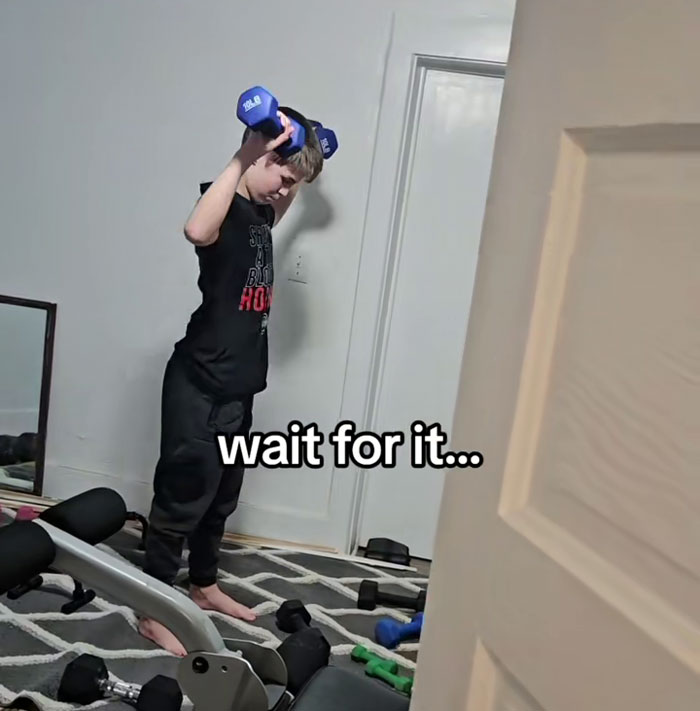
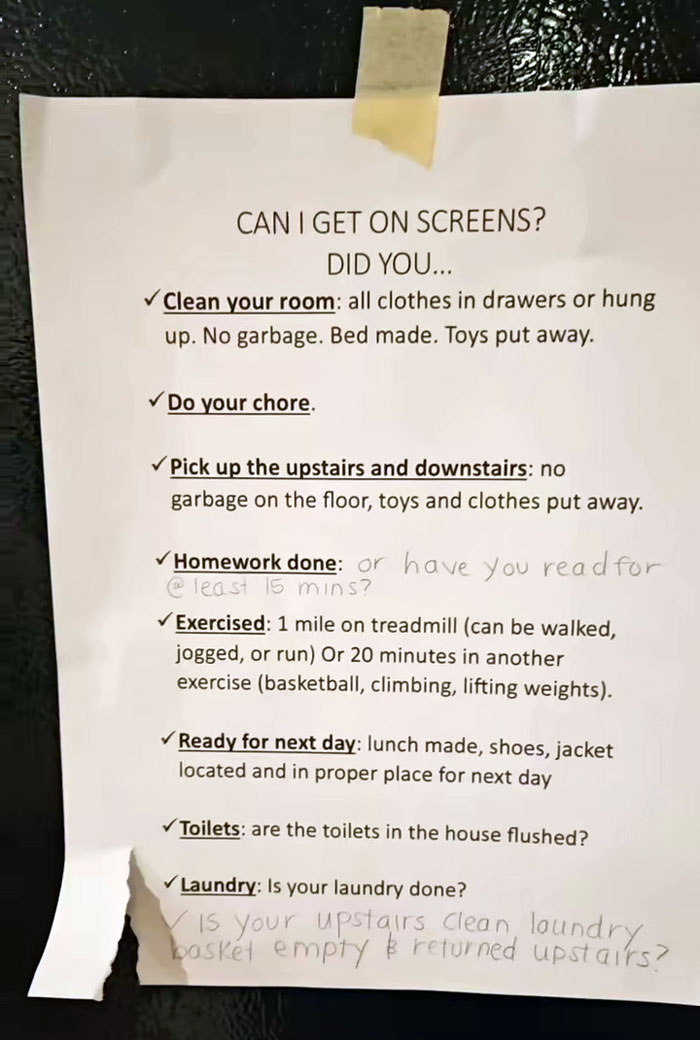
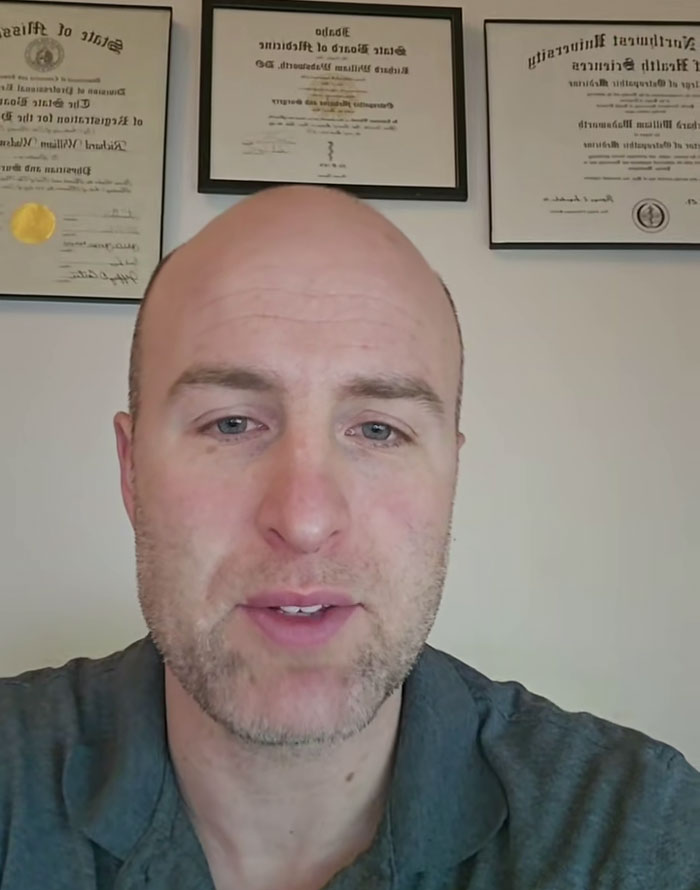
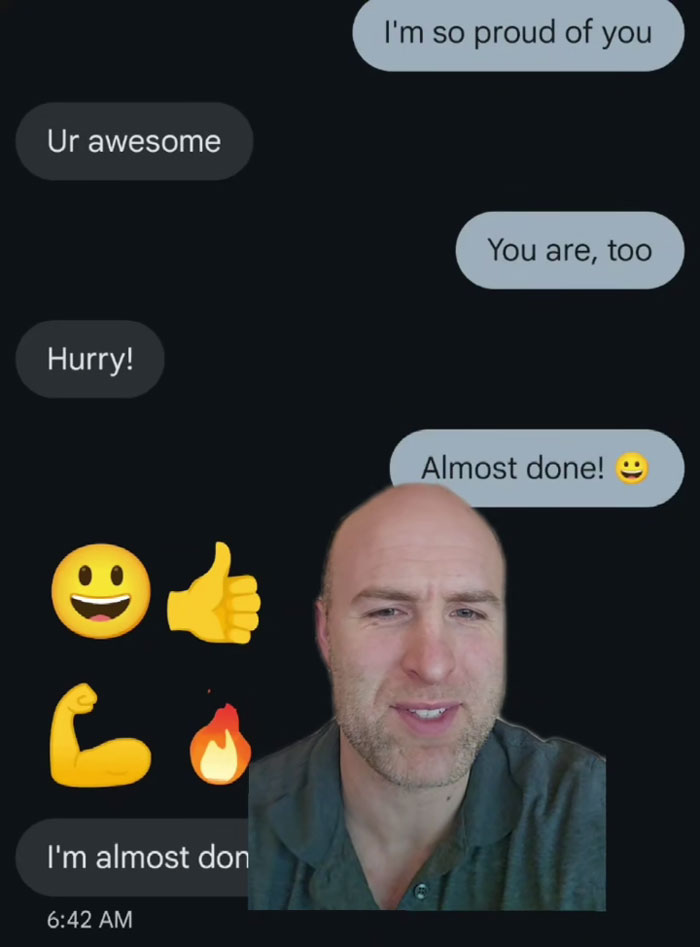
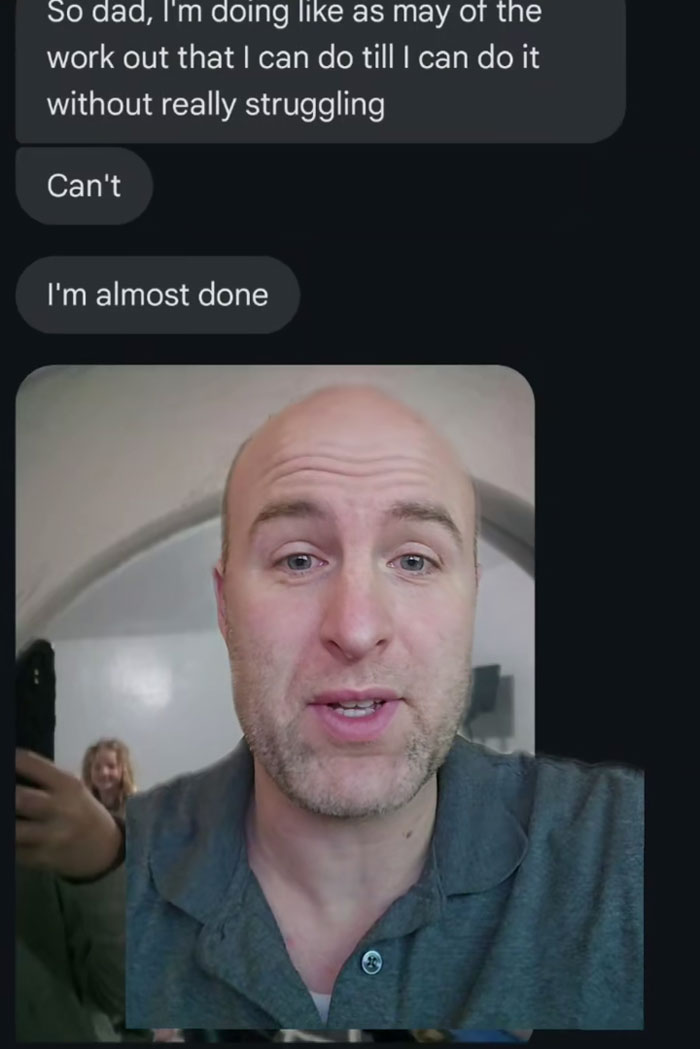
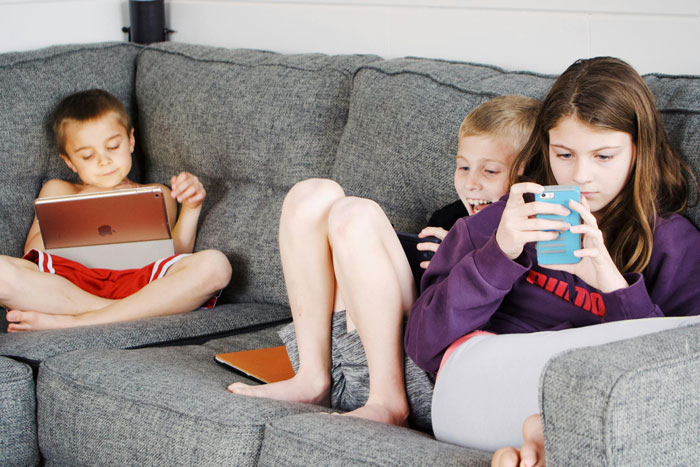
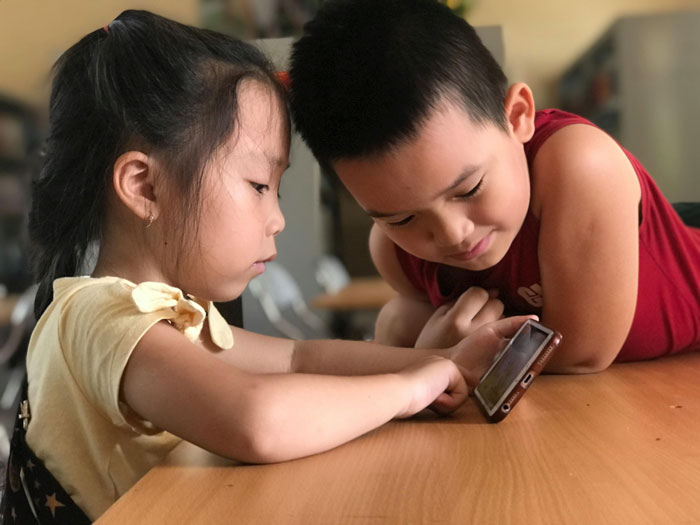


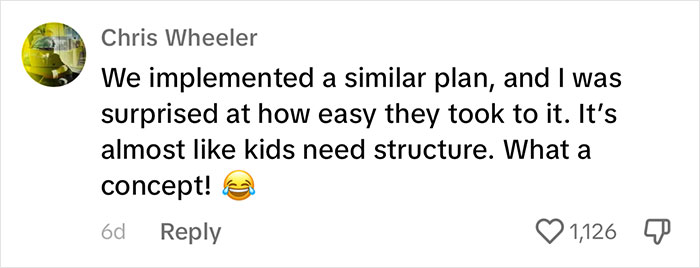

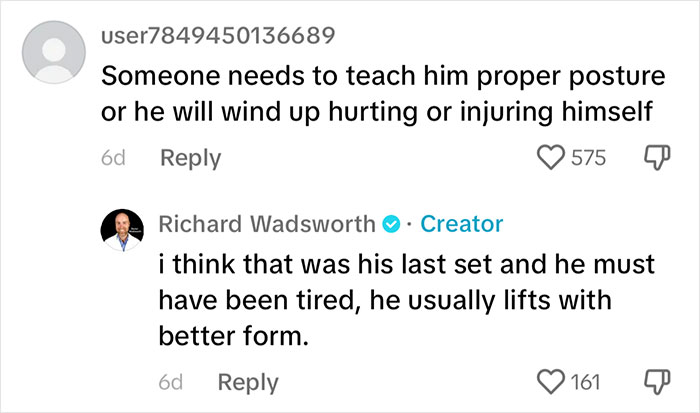

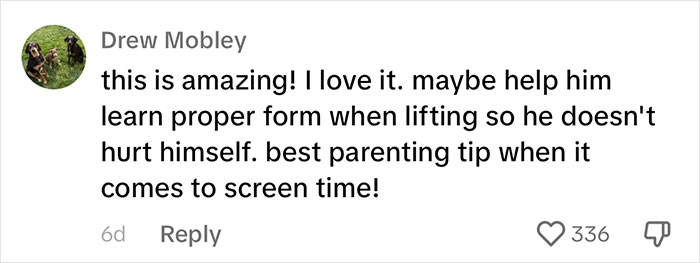















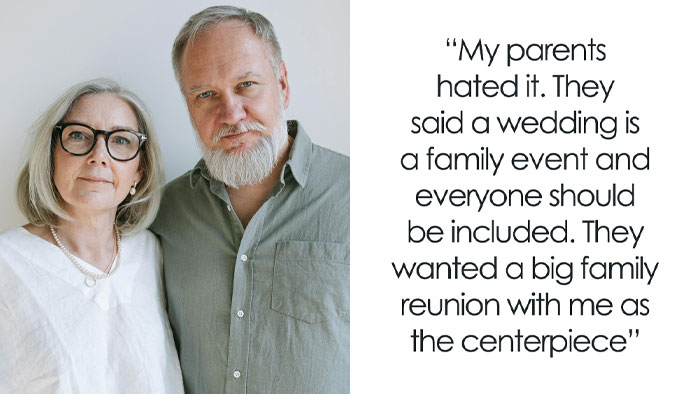


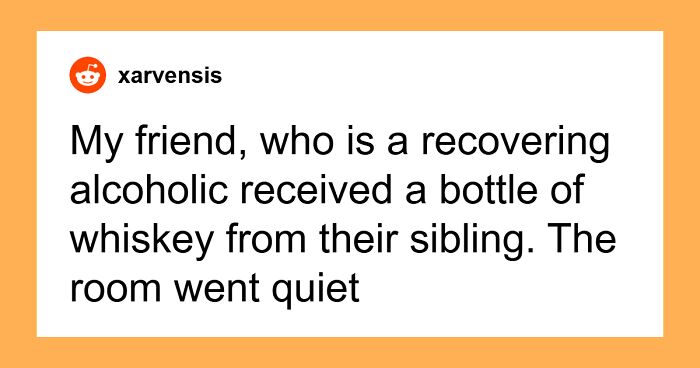
























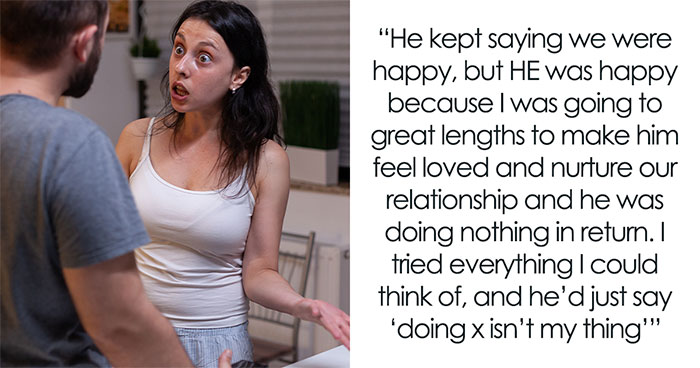





50
33